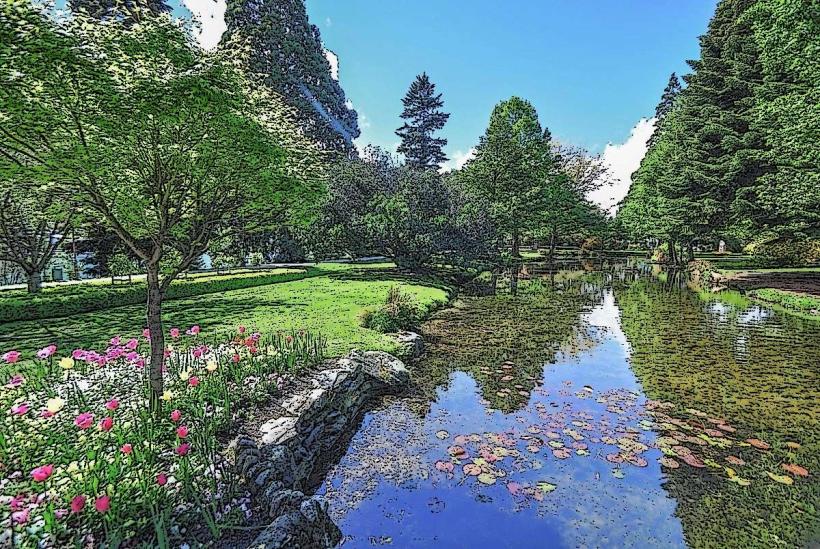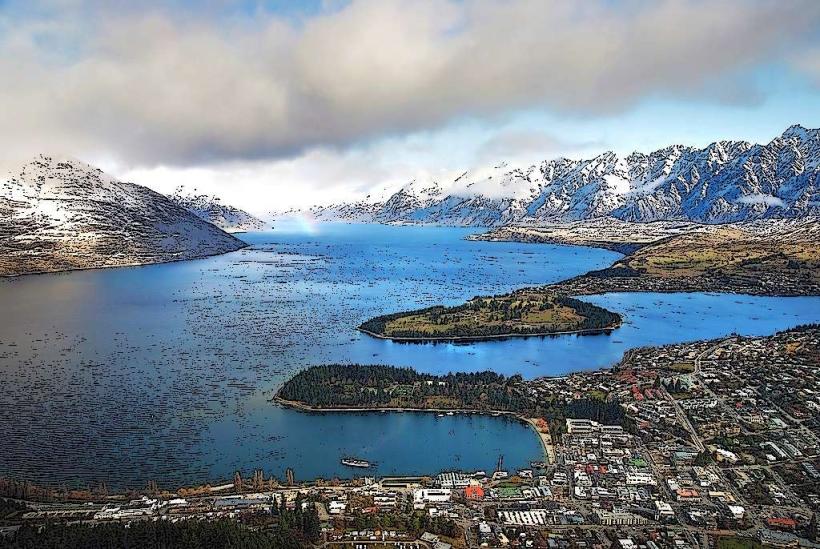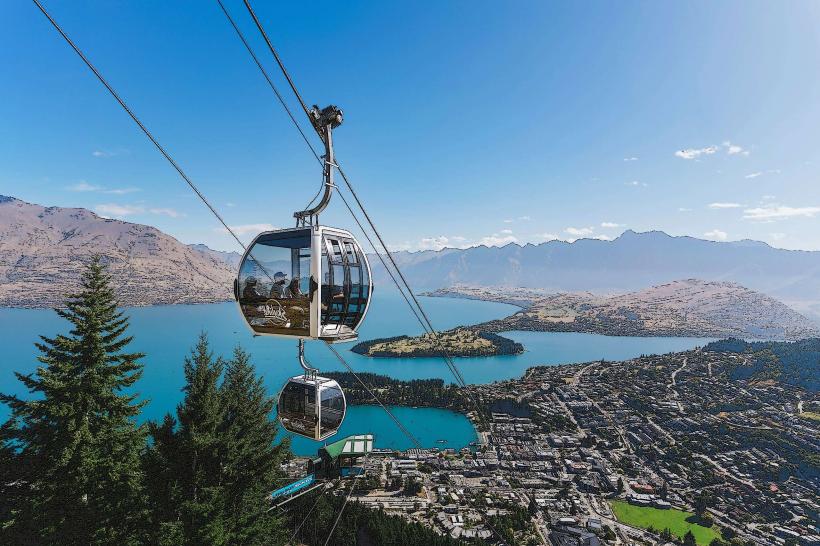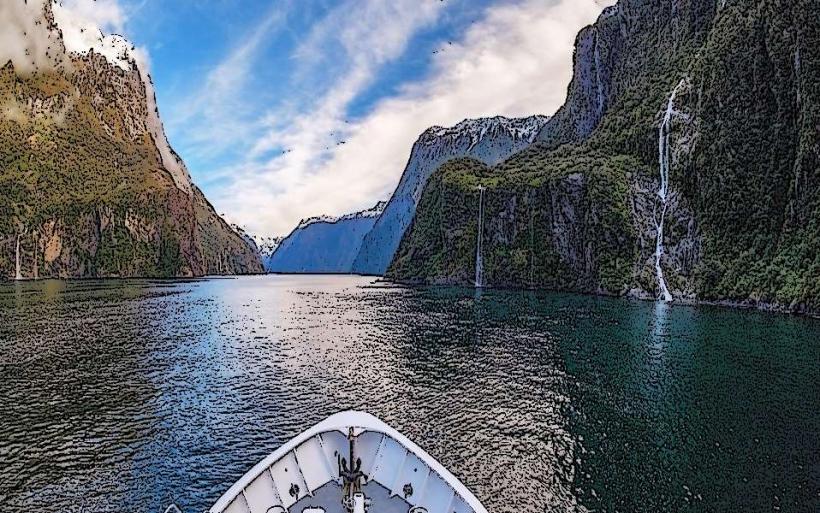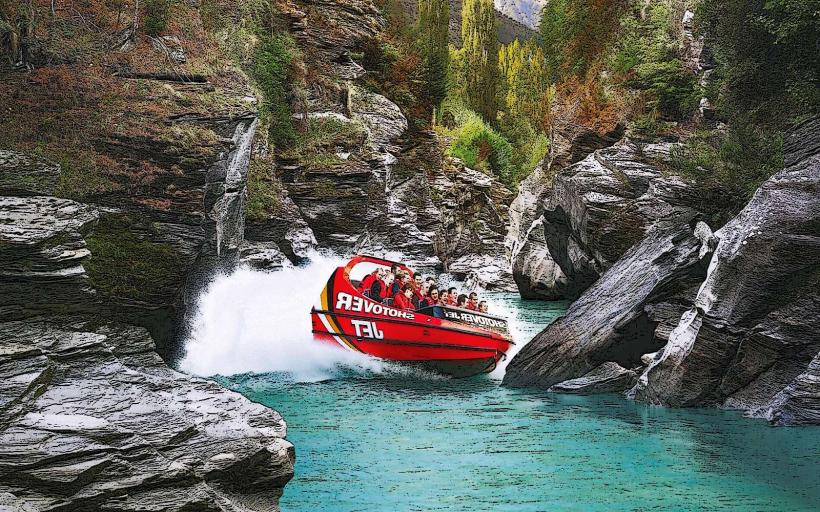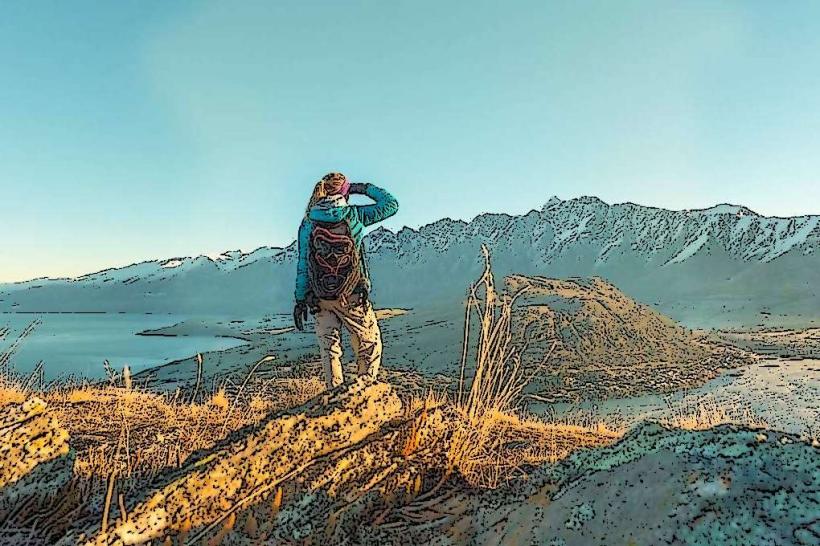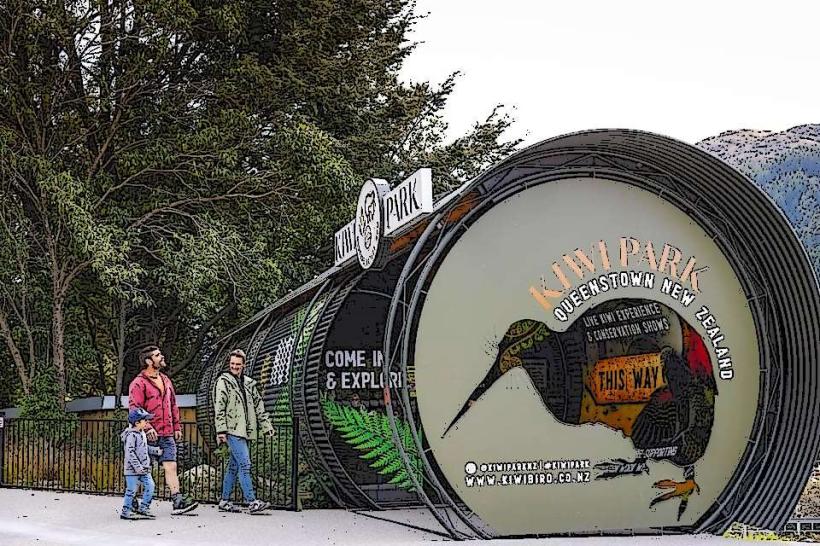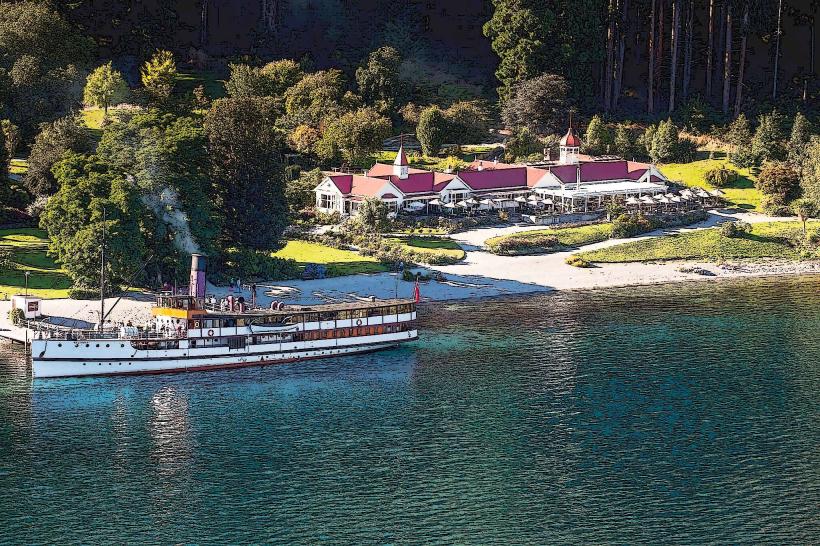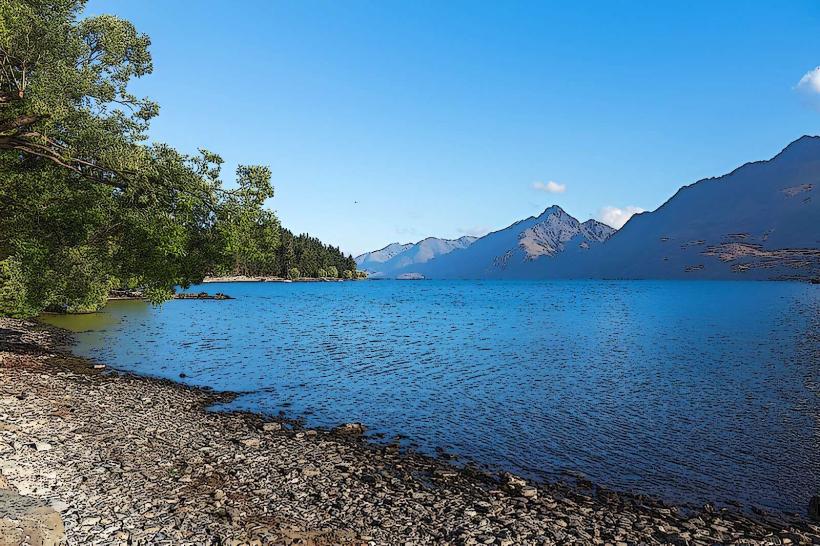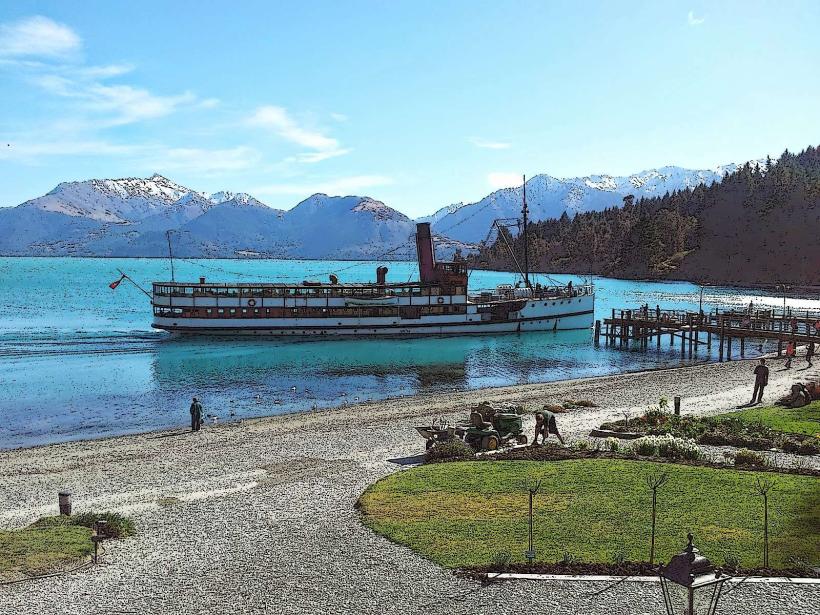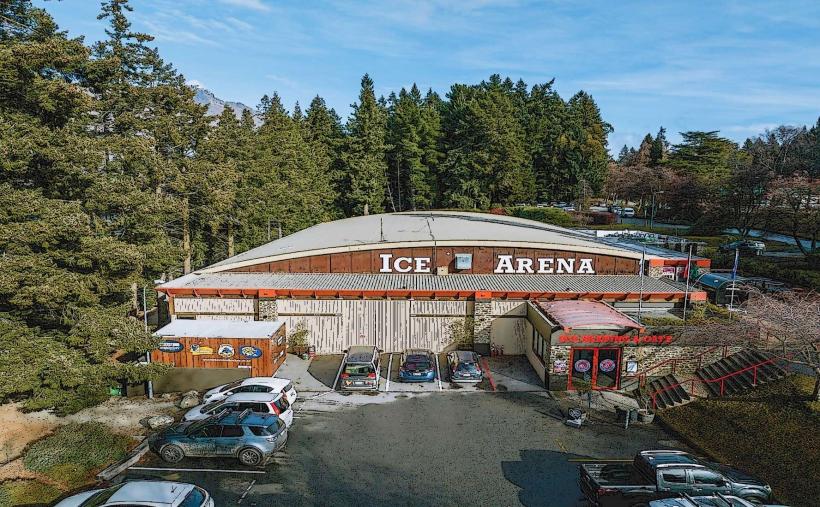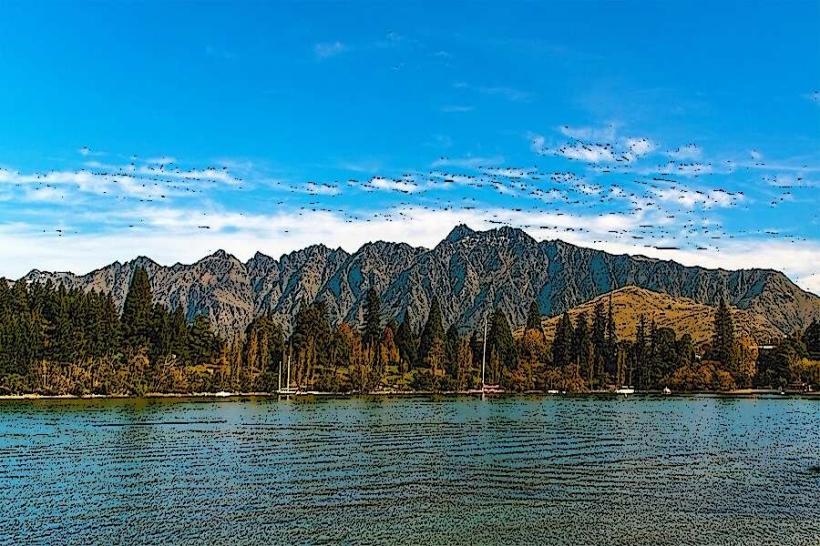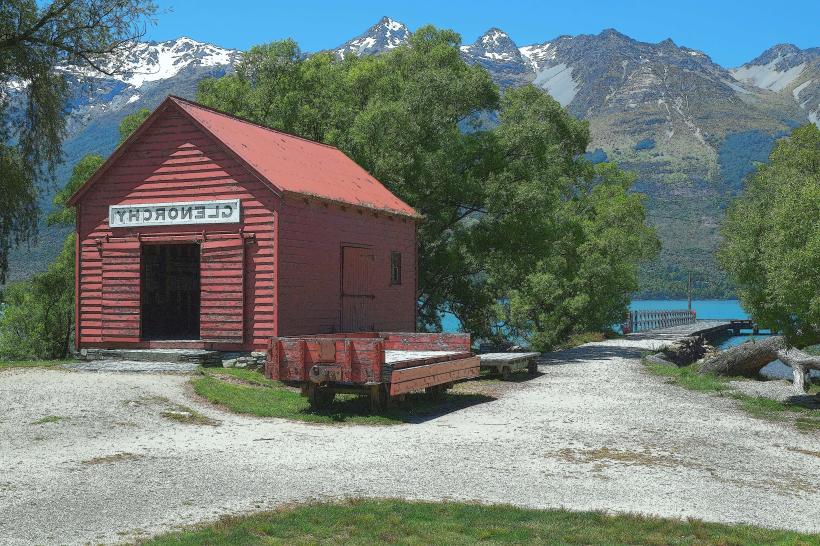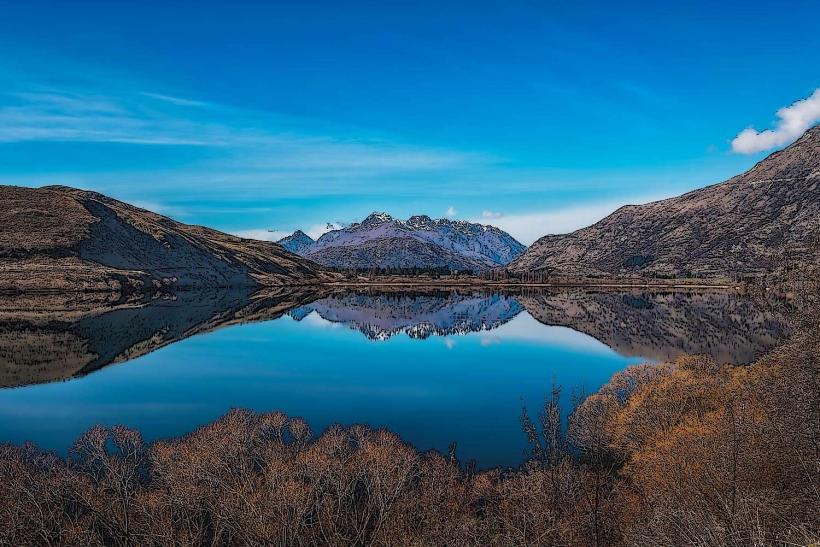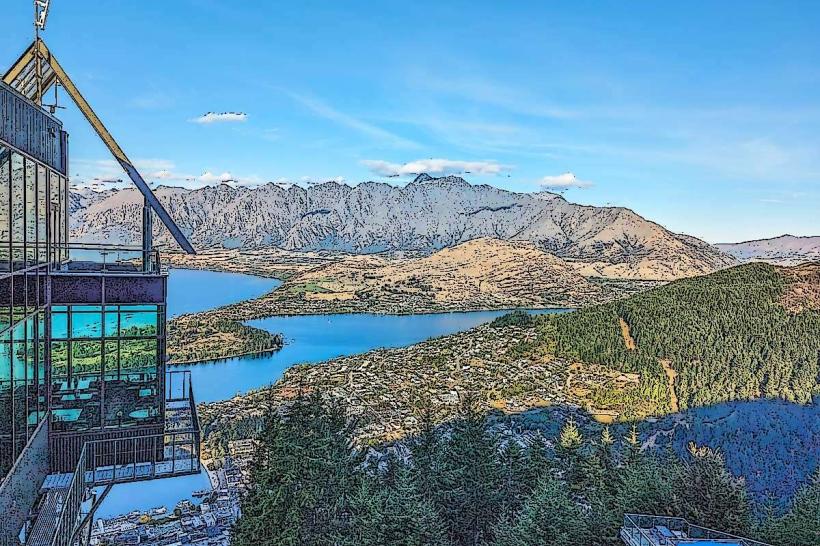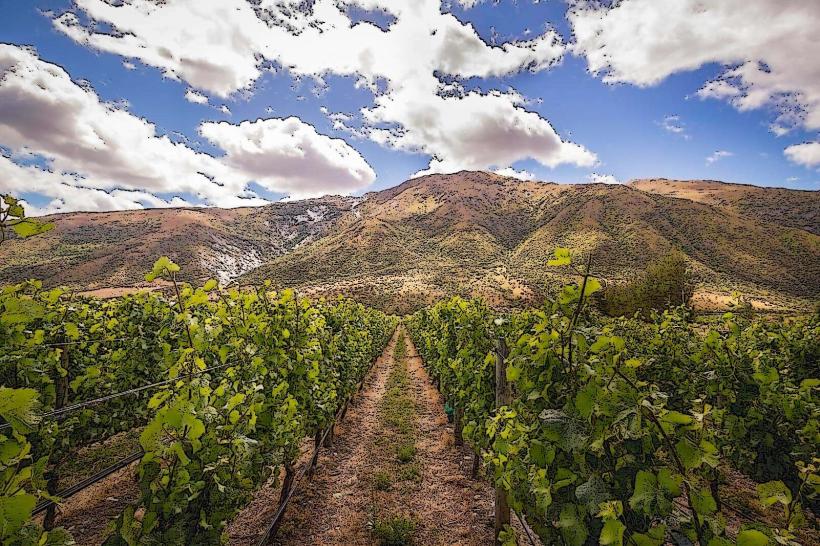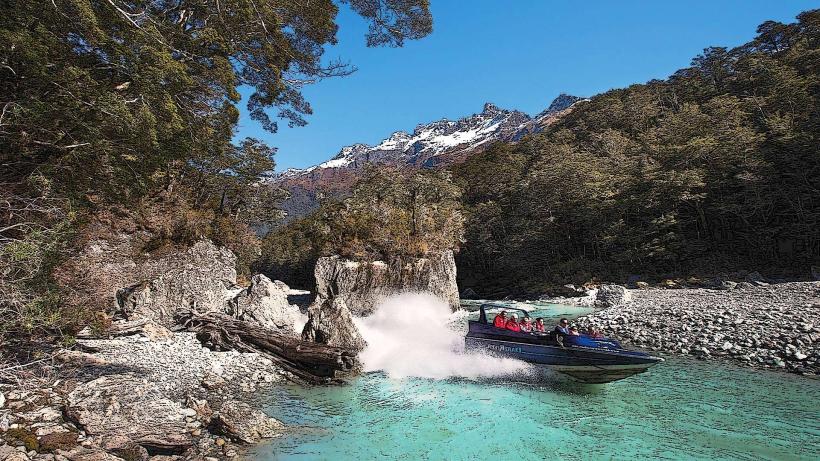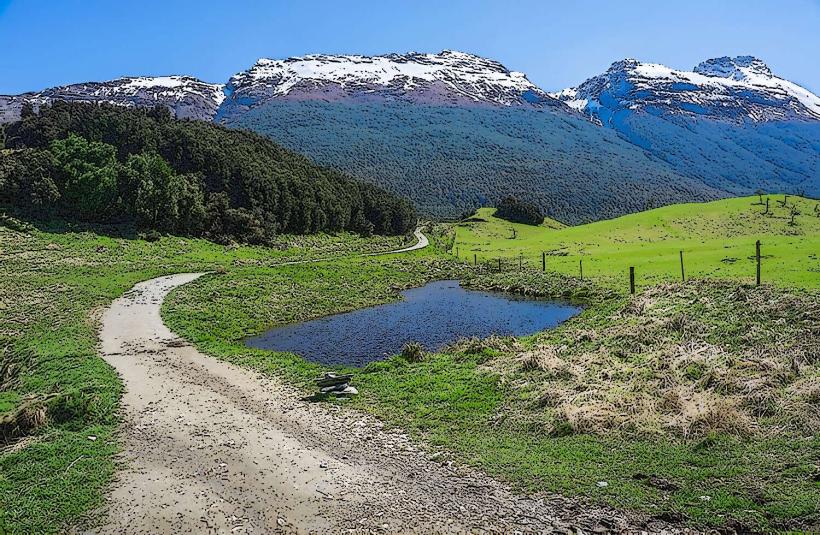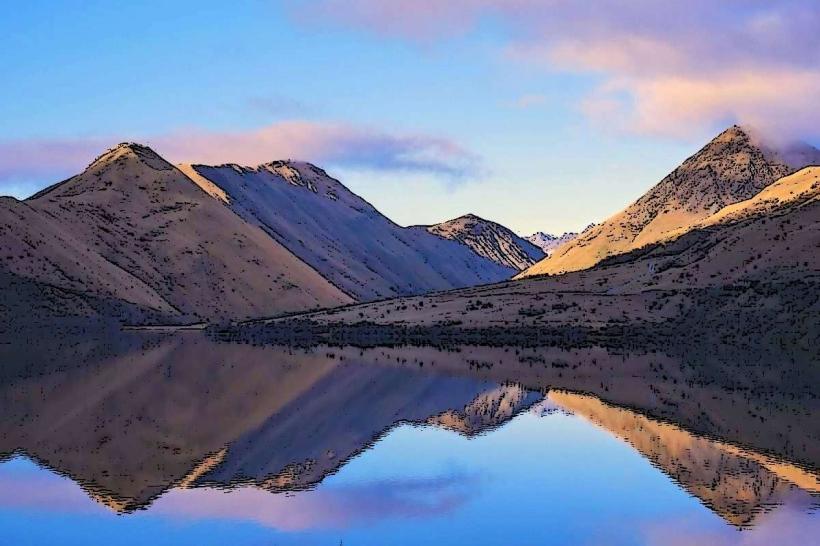Information
Landmark: Lake Te AnauCity: Queenstown
Country: New Zealand
Continent: Australia
Lake Te Anau is the largest lake on the South Island of New Zealand and a key feature of the Fiordland National Park, located in the southwestern part of the island. With its striking beauty, rich wildlife, and access to the famous Milford Sound and Doubtful Sound, Lake Te Anau is a popular destination for nature lovers, adventure seekers, and those exploring the spectacular landscapes of Fiordland.
Here’s a detailed look at Lake Te Anau and what it offers:
1. Location and Geography
Location: Lake Te Anau is situated in the Fiordland region, roughly 2 hours by car from Queenstown. It serves as a gateway to some of New Zealand’s most iconic wilderness areas, including Milford Sound and Doubtful Sound. The town of Te Anau sits on the northern shore of the lake, and it is the main settlement in the area.
Size and Depth: The lake is the second-largest in New Zealand, stretching over 60 kilometers (37 miles) in length. It is 418 meters (1,371 feet) deep at its deepest point, making it one of the deepest lakes in the country. It’s surrounded by rugged mountains, forests, and the wild landscapes of Fiordland.
2. Scenic Beauty
Mountain Backdrop: The lake is bordered by the majestic Maitland Mountains, Kepler Mountains, and Mounts Titiroa and Kaka, which create a stunning backdrop. The surrounding mountain ranges rise dramatically from the water’s edge, making for incredible views.
Crystal-Clear Water: The water of Lake Te Anau is incredibly clear, with its deep blue-green hues contrasting beautifully against the surrounding landscapes. The lake’s waters are fed by various rivers and streams, and its clarity is a key feature that makes the lake so striking.
Remote Wilderness: Being part of Fiordland National Park, Lake Te Anau is surrounded by a pristine wilderness, filled with untouched forests, valleys, and remote mountains. The area offers some of the most dramatic and rugged scenery in New Zealand.
3. Access to Fiordland and Nearby Attractions
Milford Sound: Lake Te Anau serves as the primary access point for those heading to Milford Sound, one of the most famous natural attractions in New Zealand. The Milford Sound Road connects Te Anau to the fjord, and it is a scenic drive that takes visitors through lush rainforests, valleys, and past towering mountains. The drive offers incredible views and is often considered one of the most beautiful road trips in the world.
Doubtful Sound: Another stunning fjord in the area, Doubtful Sound, is accessible from Te Anau. Known for its dramatic cliffs, dark waters, and deep-sea wildlife, Doubtful Sound is less crowded than Milford Sound and offers a more secluded experience for visitors.
Kepler Track: Lake Te Anau is also near the start of the Kepler Track, one of New Zealand’s Great Walks. This 60-kilometer (37-mile) circuit takes hikers through alpine landscapes, forested areas, and along the shores of the lake. The track is famous for its incredible views and natural beauty.
Takahe: Te Anau is known for being the home of the South Island takahē, a large, flightless bird that was thought to be extinct. The Takahē Sanctuary near Te Anau is dedicated to preserving this rare species and provides an opportunity to see them in their natural habitat.
4. Outdoor Activities and Adventures
Lake Te Anau offers a wide range of activities for outdoor enthusiasts, from water sports to hiking and exploring the surrounding natural wonders.
Cruising on the Lake: One of the best ways to experience Lake Te Anau is by taking a boat cruise. Several tour operators offer cruises across the lake, taking visitors to secluded spots and allowing them to appreciate the serene beauty of the lake and the surrounding mountains. Some cruises also include guided walks or trips to nearby attractions like the Te Anau Glowworm Caves.
Te Anau Glowworm Caves: One of the most unique experiences on Lake Te Anau is a visit to the Te Anau Glowworm Caves, located on an island in the lake. Visitors can take a boat trip to the caves and experience the mesmerizing glow of thousands of glowworms, creating a magical, otherworldly atmosphere.
Kayaking and Canoeing: The calm, clear waters of Lake Te Anau make it an ideal location for kayaking and canoeing. You can rent a kayak or canoe and explore the lake at your own pace, enjoying the stunning scenery and perhaps spotting wildlife along the shore.
Fishing: Lake Te Anau is popular for fishing, particularly for brown trout and rainbow trout. Anglers can fish from the shore or from a boat, taking advantage of the lake’s abundant fish stocks.
Hiking and Walking: There are many excellent hiking and walking tracks around the lake, from short, easy walks to more challenging hikes. In addition to the Kepler Track, there are other nearby trails, such as the Lake Te Anau Walkway and the Luxmore Hut Track. These hikes offer breathtaking views of the lake, the surrounding mountains, and the Fiordland wilderness.
Camping: Lake Te Anau is home to several campsites for those who want to immerse themselves in the natural beauty of the area. Whether camping near the lake or in the nearby forests, visitors can enjoy an authentic outdoor experience in this remote and peaceful location.
5. Wildlife and Flora
Native Wildlife: The area around Lake Te Anau is home to a variety of native wildlife, including the Takahe, New Zealand falcon, and various species of kiwi. In addition to birds, the lake is also home to many species of fish, including trout and eels.
Flora: The surrounding forests are rich with native New Zealand plants, such as beech trees, manuka, and kaka beech. Fiordland’s rainforests are dense and lush, contributing to the overall beauty of the area.
6. Te Anau Town
Te Anau Township: The town of Te Anau is the gateway to the lake and surrounding attractions. It offers a range of services and amenities for visitors, including accommodations, restaurants, cafes, and shops. It’s a peaceful town with a laid-back atmosphere, making it a great place to relax before or after exploring the surrounding wilderness.
Accommodations: There are various accommodation options in Te Anau, from campgrounds and motels to luxury lodges and hotels. For those looking to experience the natural surroundings, there are also several lodges and campsites on the lake’s edge.
7. Best Time to Visit
Summer (December to February): Summer is the most popular time to visit Lake Te Anau, as the weather is warm and perfect for outdoor activities like hiking, kayaking, and cruising. The days are long, providing plenty of daylight for exploring the area.
Autumn (March to May): Autumn brings vibrant colors to the area as the foliage turns red, orange, and gold. It’s a quieter time to visit, offering a more peaceful experience.
Winter (June to August): Winter can be quite cold in Te Anau, with occasional snowfalls in the surrounding mountains. While some outdoor activities may be limited, the winter landscape is strikingly beautiful, and the area is less crowded.
Spring (September to November): Spring is a lovely time to visit, as the flora begins to bloom and the wildlife becomes more active. The weather is variable, but the natural beauty of the area shines through.
Conclusion
Lake Te Anau is a breathtaking destination with a wealth of natural beauty and outdoor activities to enjoy. From the stunning mountain views to the crystal-clear waters, the lake and its surrounding area offer something for everyone, from adventure seekers to those simply looking to relax in a tranquil setting. Whether you’re exploring Fiordland’s wilderness, cruising on the lake, or hiking one of New Zealand’s Great Walks, Lake Te Anau is an unforgettable experience.

